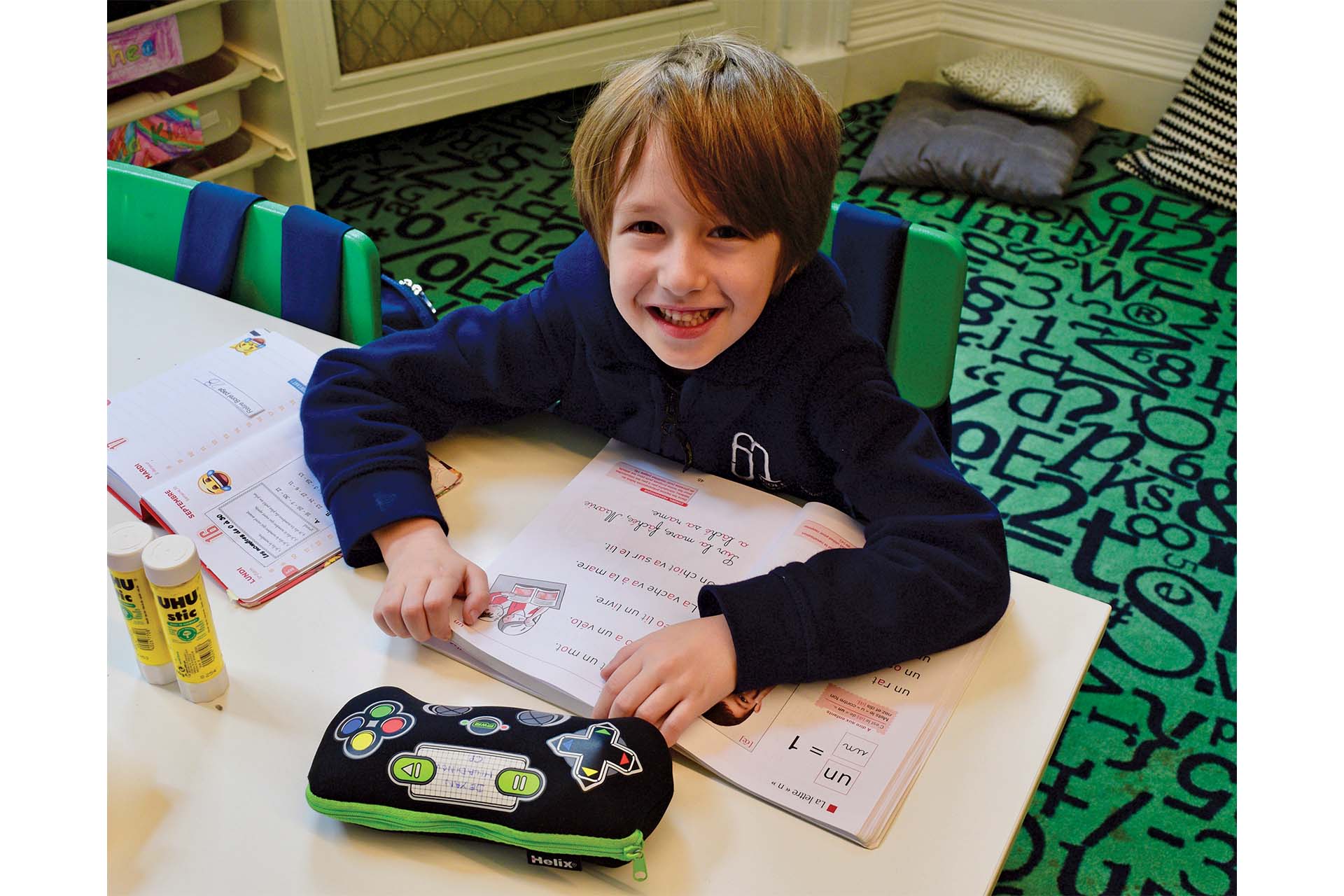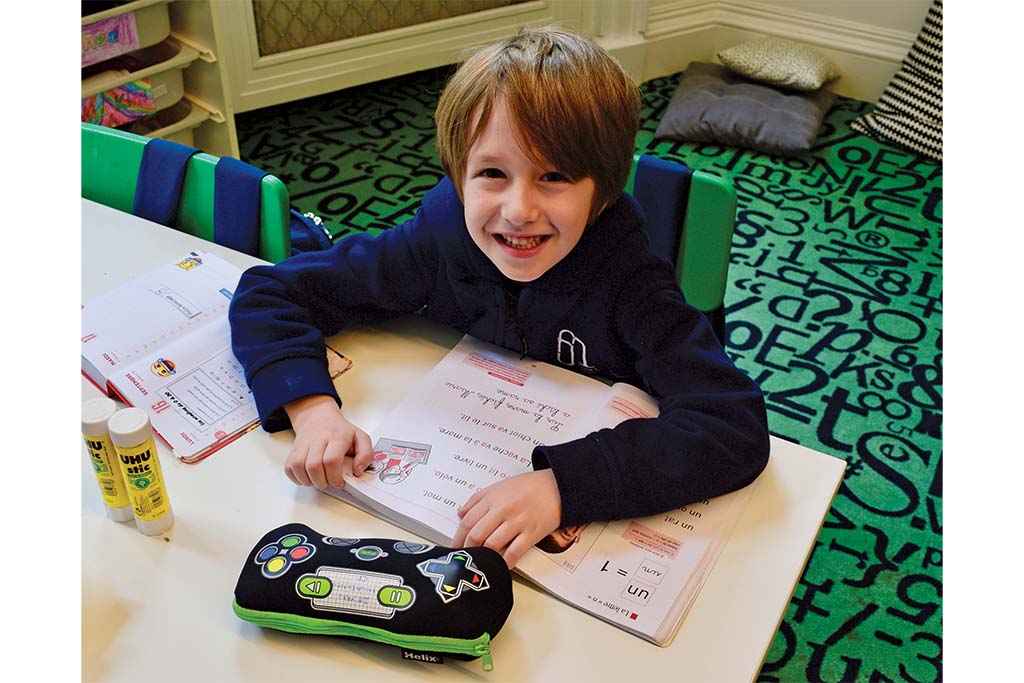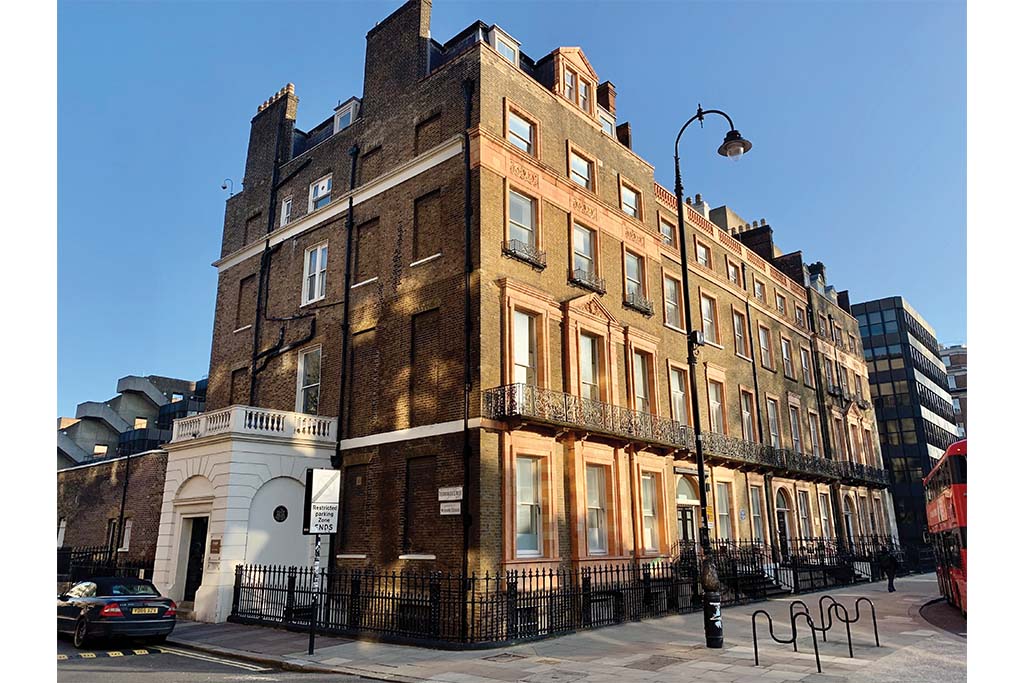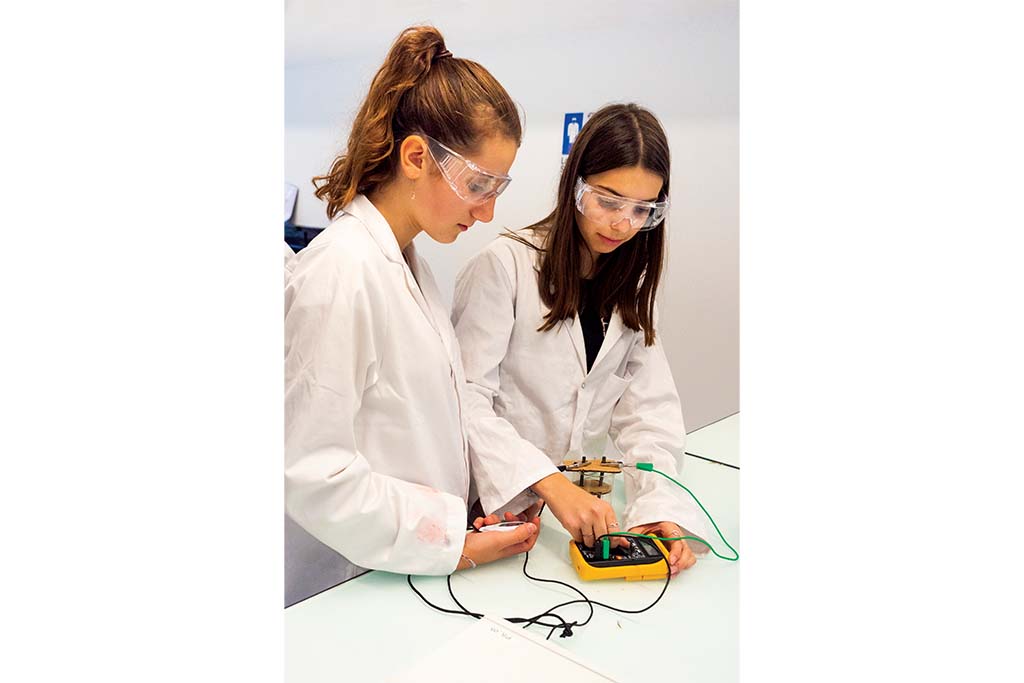Parlez-vous français?
By
4 years ago

As prestigious international school Ecole Jeannine Manuel recently announced the further expansion of its Bloomsbury (London) campus, we look at the relevance of a bilingual education today.

There is a widespread belief that bilingual education is reserved for bilingual or at least bicultural families. It is not. At a time when not a week goes by without newspapers printing stories on the decline of modern language learning in British schools, Ecole Jeannine Manuel’s bilingual approach to education offers an alternative, ambitious and successful model.
‘Learning a foreign language is, by itself, important. It is also a means to better understand others, to be able to think like them—it provides access to the world.’ These words by Jeannine Manuel – founder of the eponymous school, which opened in Paris in 1954, and in 2015 in London – reflect the philosophy at the heart of the school’s mission: to promote international understanding through the bilingual education of a multicultural community of students, and to foster pedagogical innovation by exploring best practices in an ever-changing global environment.
At Ecole Jeannine Manuel, English and French are spoken equally in class. The school’s aim is to bring all pupils to native proficiency – orally and in writing – in both languages. Non-French-speaking pupils are welcome at all levels, and the school has specific programmes to help them adapt to the demands of a bilingual curriculum. Students can join the school with no English up to Year 7.

Experience shows that studying in French and in English yields a strong and mutually reinforced command of both languages as well as a deep understanding of the cultures they express. Beyond the purely linguistic skills, a bilingual education also enhances pupils’ capacity for abstract, conceptual thinking and develops a sense of nuance, nurtured by exposure to multiple perspectives. In other words, a bilingual education prepares students to live and thrive in the world of tomorrow.
Ecole Jeannine Manuel is also a genuine cultural melting pot where
over 45 nationalities are represented within the student body. Living in this kind of international environment yields a special consciousness of one’s place in the world, an appreciation for the broad landscape of culture and civilizations that students learn to understand and value together.
Therefore, from nursery to sixth form, students of Ecole Jeannine Manuel benefit from following an ambitious bilingual curriculum. Ultimately, sixth-formers choose between taking either the French Baccalaureate (with an international option) or the International Baccalaureate (IB). Both diplomas are recognised by the most prestigious universities and institutions around
the globe.

This year, Ecole Jeannine Manuel’s students boast a remarkable 100 per cent pass and honours rate on the French Baccalaureate, and an outstanding 40.6 average on the IB – a feat made all the more impressive by the fact that all students took the bilingual version of the diploma. This has opened the door to some of the world’s most famous universities, with recent graduates obtaining offers from institutions such as Oxford, LSE or Durham in the UK.
Further afield, students have gained admission to some of the most prestigious higher education programmes available in North America and Europe. For students who are truly bilingual, the possibilities are endless.
To find out more : ecolejeanninemanuel.org.uk; [email protected]; +44 (0)20 3829 5970
SEE ECOLE JEANNINE MANUEL’S LISTING HERE



